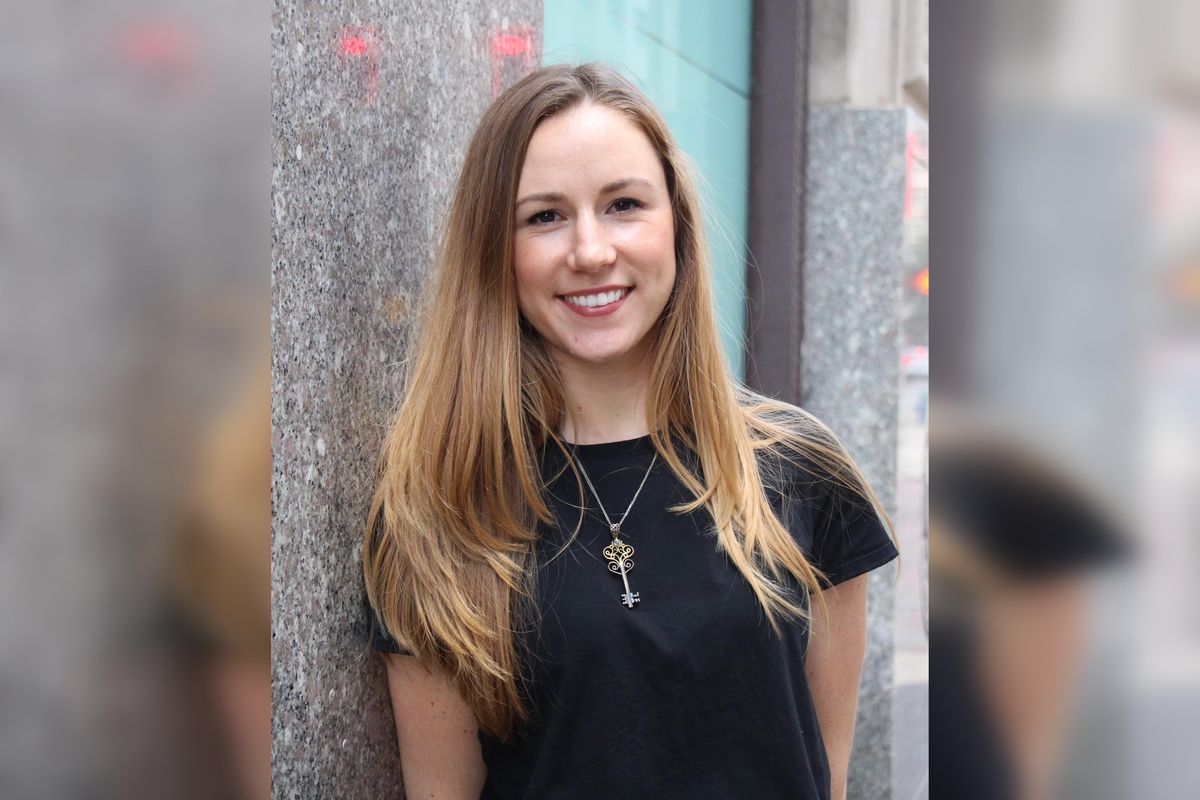Historic downtown Houston building plans to expand inclusive coworking for entrepreneurs
moving on up
A nearly 100-year-old building in downtown Houston is welcoming in entrepreneurs, small business owners, and enterprise firms with a new opportunity to innovate outside of traditional office spaces.
Esperson Flex — a coworking concept managed by Cameron Management in The Niels Esperson Building, which has stood out in Houston's skyline since its inception in 1927 — offers various membership tiers in its facility featuring private offices, desk space, conference room, and access to the overall area for freelancers. As an add-on option to the membership, members will have the opportunity to connect with other entrepreneurs through offering reciprocal daily use passes to Cannon members and allow them to book the conference rooms.
“Coworking allows small entrepreneurs to have a community and startup ecosystem that is very cheap and very flexible," Cameron Management CEO Dougal Cameron tells InnovationMap. “They can invest money in their enterprise instead of signing expensive long leases.”

Esperson coworkers have access to The Cannon's digital platform, Cannon Connect, which provides a digital platform for connections, resources, and services to investors, entrepreneurs, startups, and small businesses.
Currently, the offering of the venue is 12,300 square feet and 62 percent of it is leased.The company hopes to expand the coworking facilities to 62,000 square feet in the next five years, according to Cameron.
There are seven groups who are growing their own coworking business under the Esperson and Cameron Management umbrella, and some include working with groups that are specifically targeting often overlooked demographics, including Hispanic, Black, and female entrepreneurs. The Us Space, for instance, is a women of color-focused collective providing support and coworking for its community.
“We believe that entrepreneurship is the answer to many important problems in our world,” Cameron Management CEO Dougal Cameron tells InnovationMap.
In addition, the facility works with the Prison Entrepreneurship Program, which is a comprehensive re-entry program to help empower those trying to change their lives.

Located downtown, Esperson Flex is the latest in flexible work spaces by Cannon, which also include locations in the Energy Corridor, Houston Galleria, Galveston, The Woodlands, and, as of this week, Memorial.
Spaces like Esperson Flex have become increasingly popular for remote workers, and in some cases, have shown increases in overall productivity. In a survey conducted by Airtasker, remote employees worked 1.4 more days every month, than office workers, which equals 16.8 more days every year. In a similar survey by the Gartner 2021 Digital Worker Experience Survey, 43 percent said that flexible working hours helped them achieve more productivity.
The Cannon, too, has seen coworking and community-building opportunities from all corners of Houston, as the company's CEO, Jon Lambert, shared on the Houston Innovators Podcast.

 Kristen Phillips leads Golden Section Studios. Photo courtesy of GSS
Kristen Phillips leads Golden Section Studios. Photo courtesy of GSS



